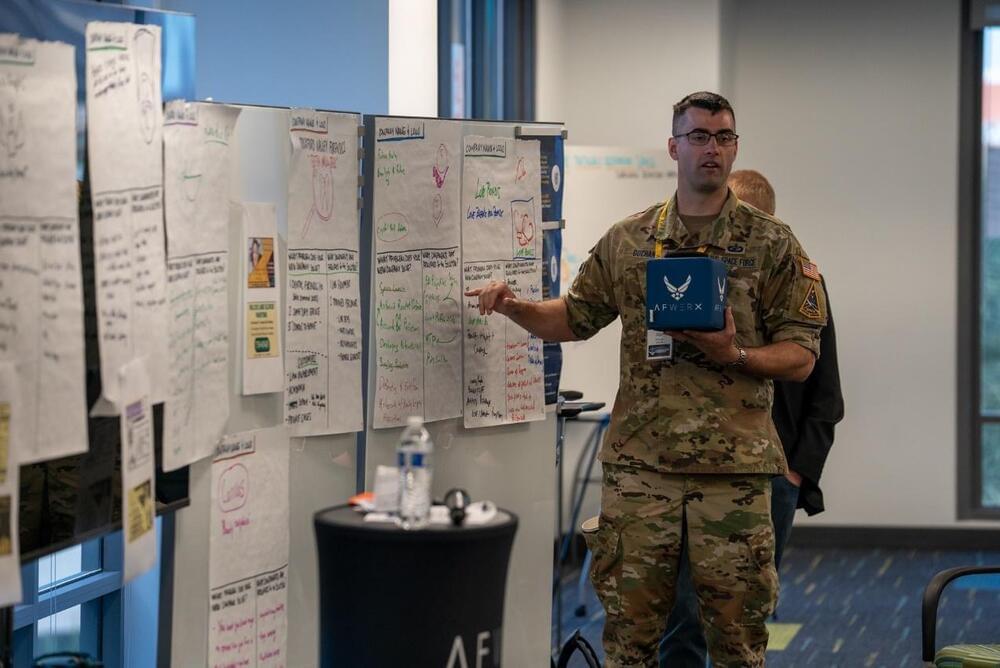She uses Chat GPT to write computer code but says the applications are endless. “You need to cut what is not working in your company, go to the edges and start playing with this (AI) and see where it’s going to go. Because they’re predicting you either get on the AI train or you will be out of business in 10 years.”
RELATED: Ohio researchers predict the most critical job skills as AI gains traction
CEO of the KR Digital Agency Kendra Ramirez says businesses can use AI to do work they don’t want to. “HR: who likes writing job descriptions? Anyone? No, no one. Performance reviews: One gentleman, his team, he had 50 people he had to do quarterly performance reviews.”





